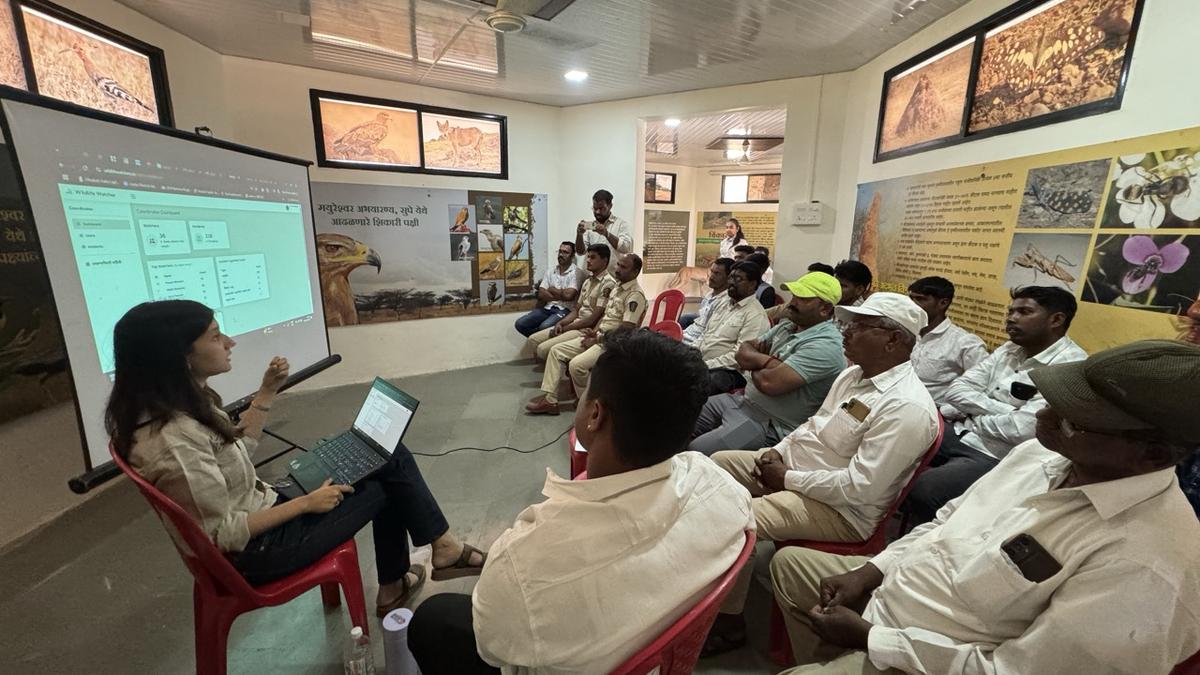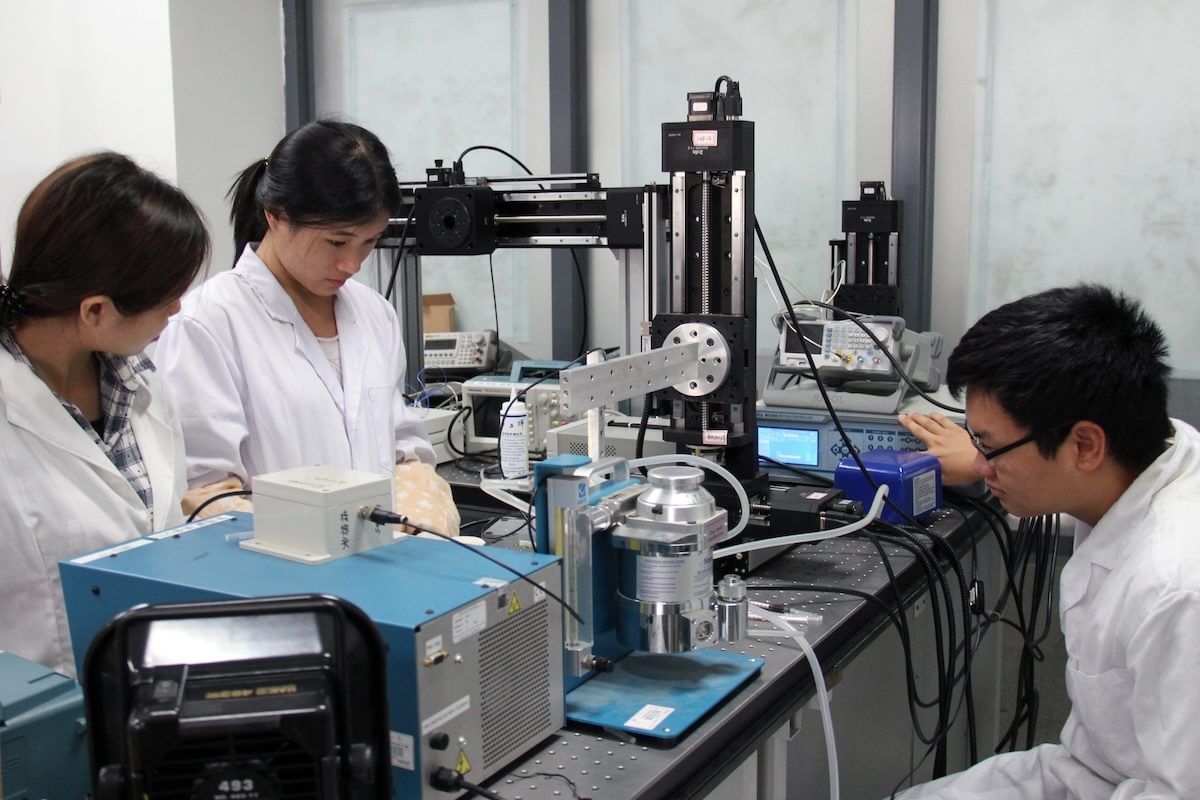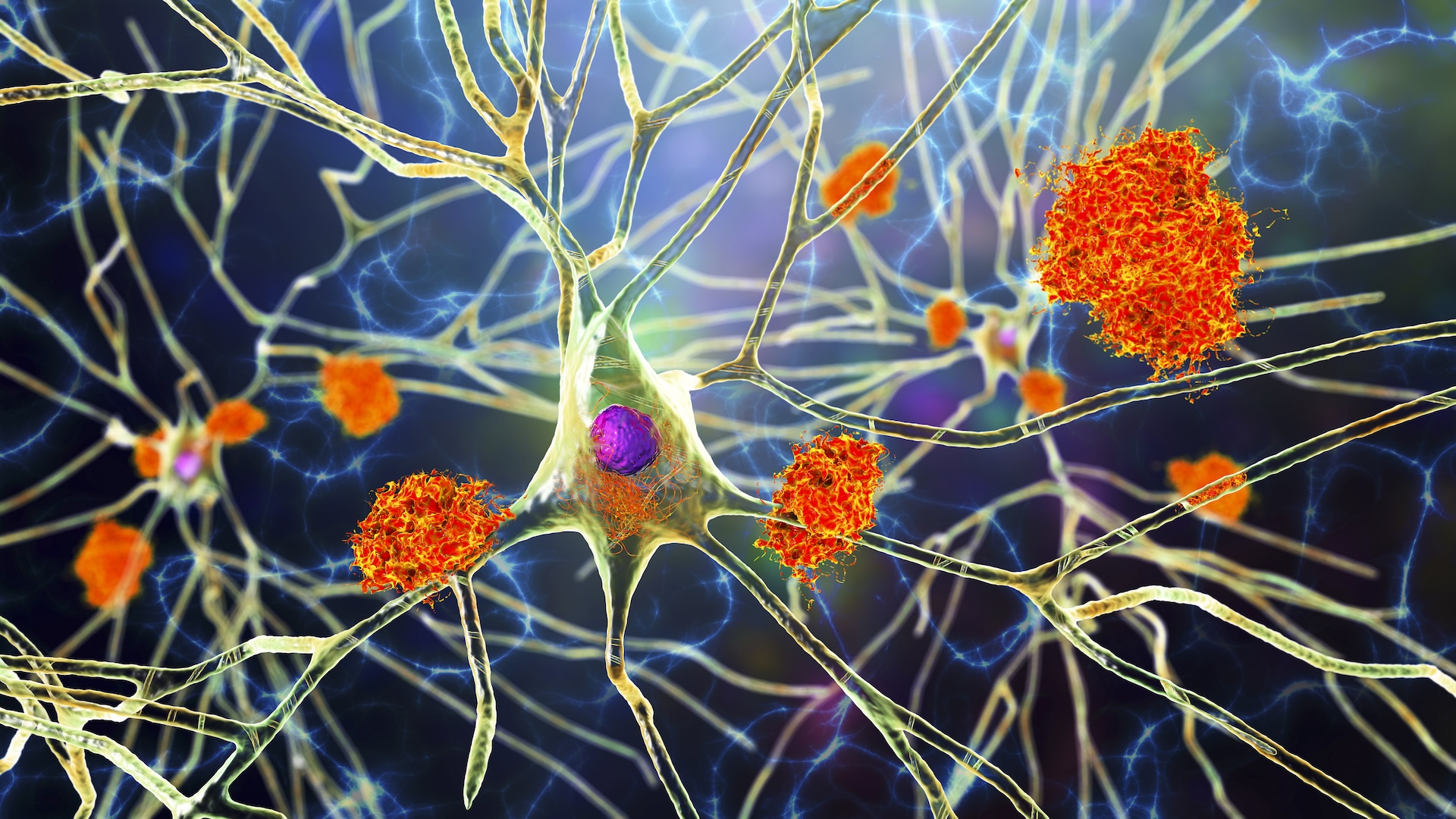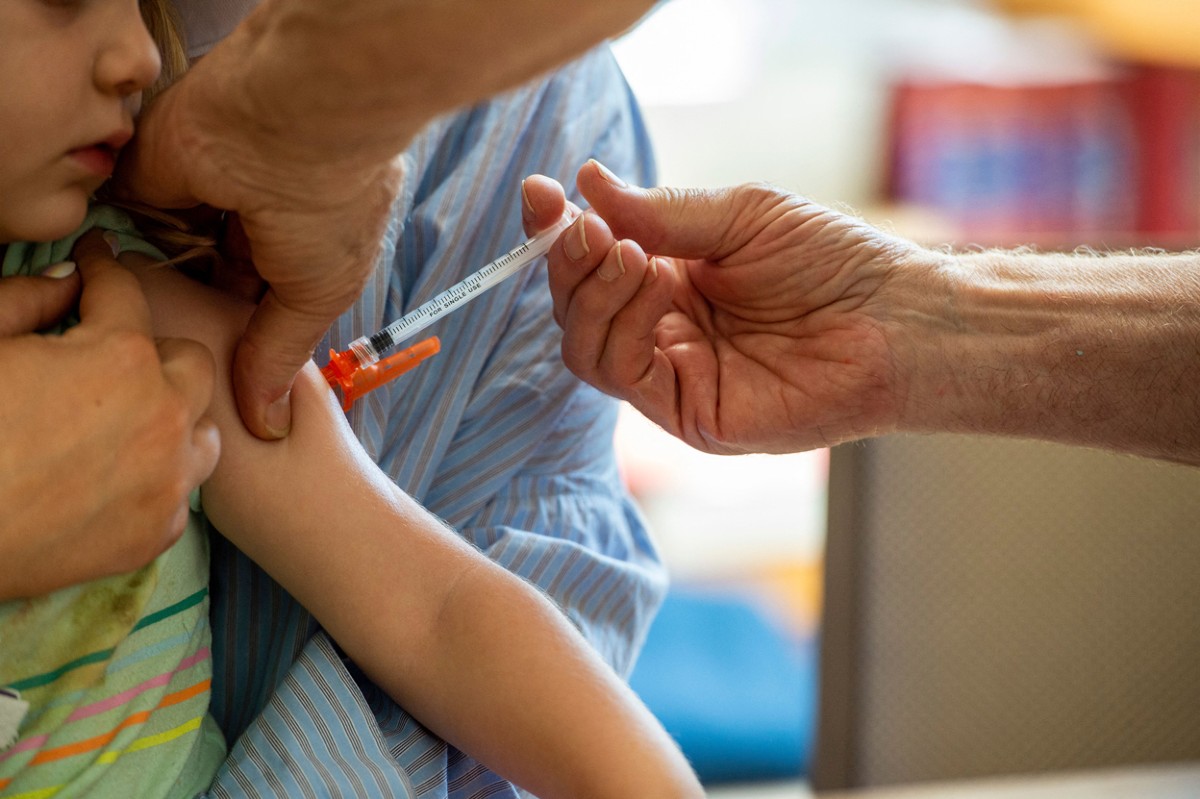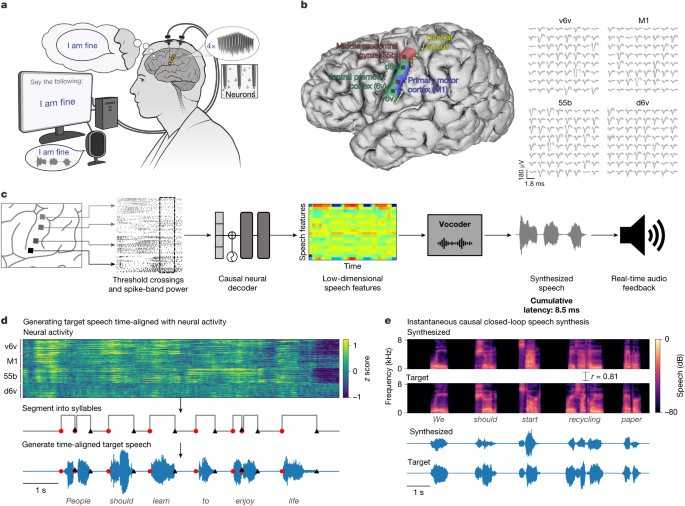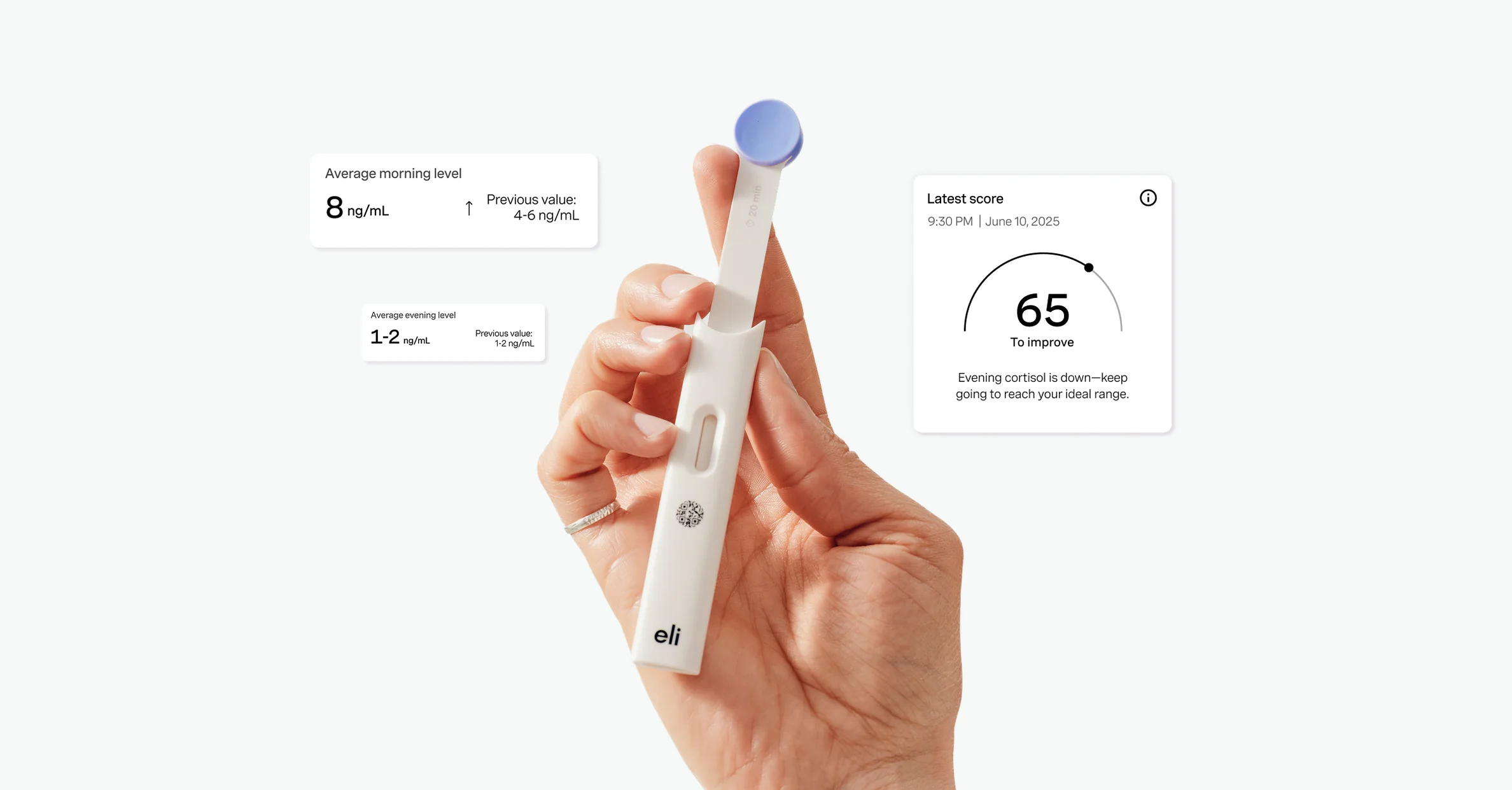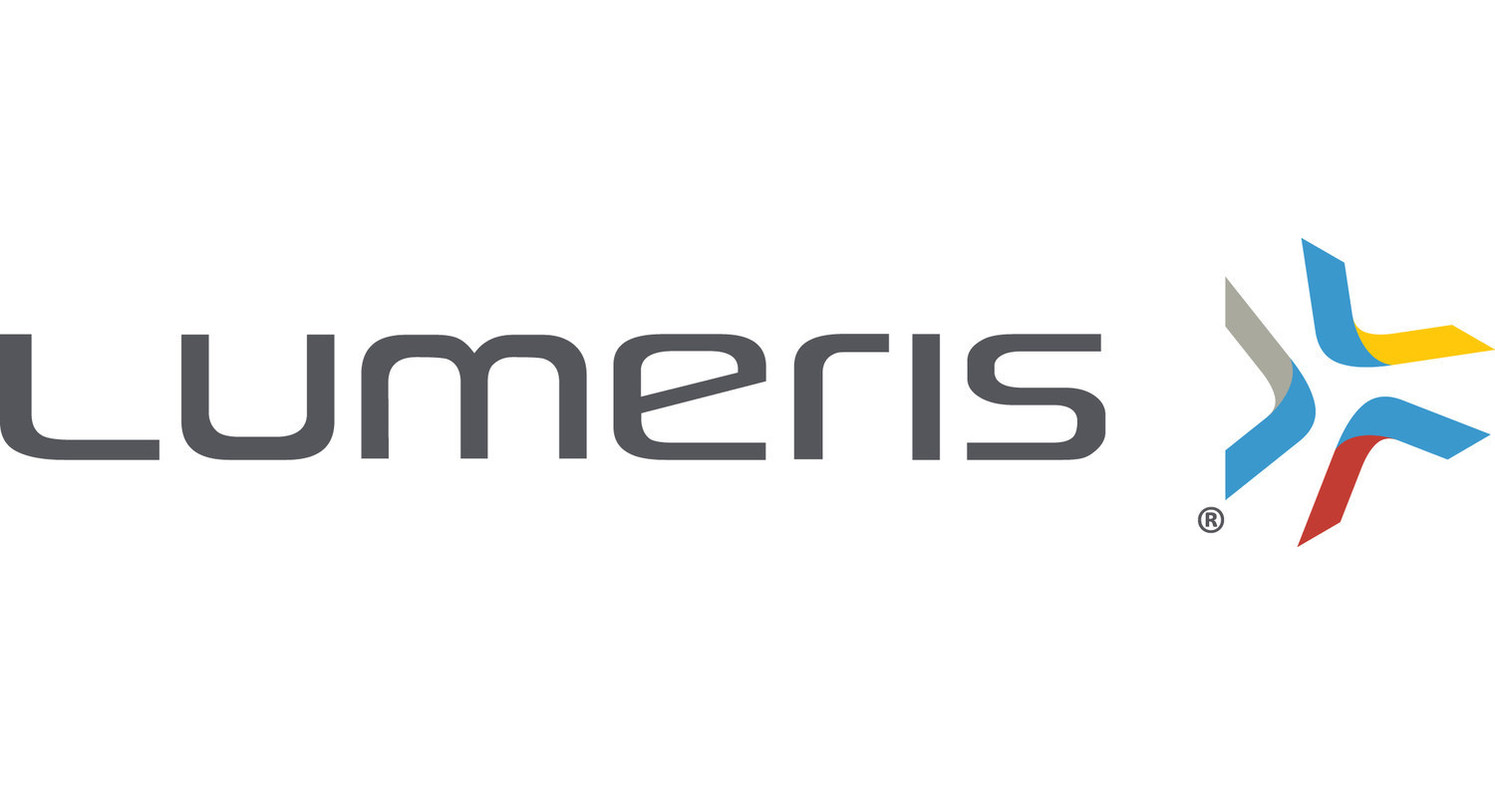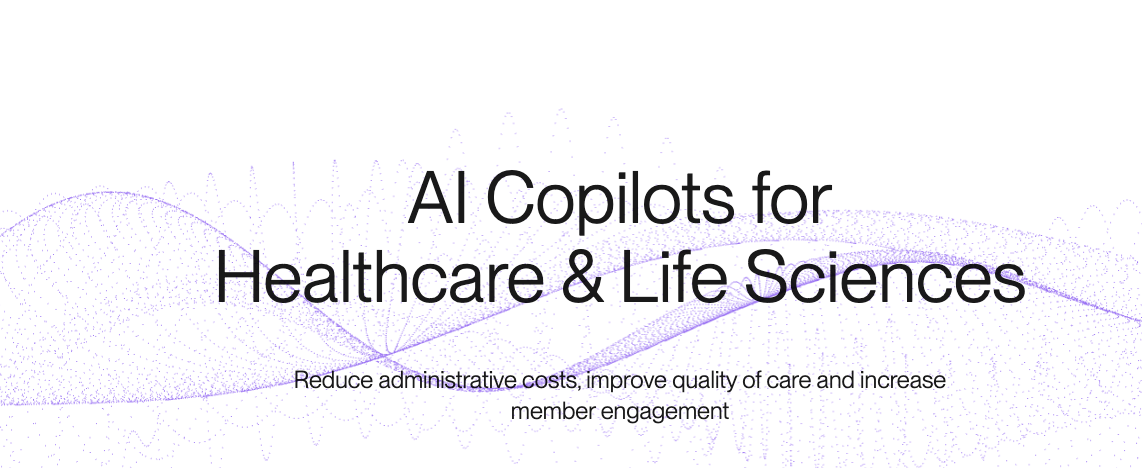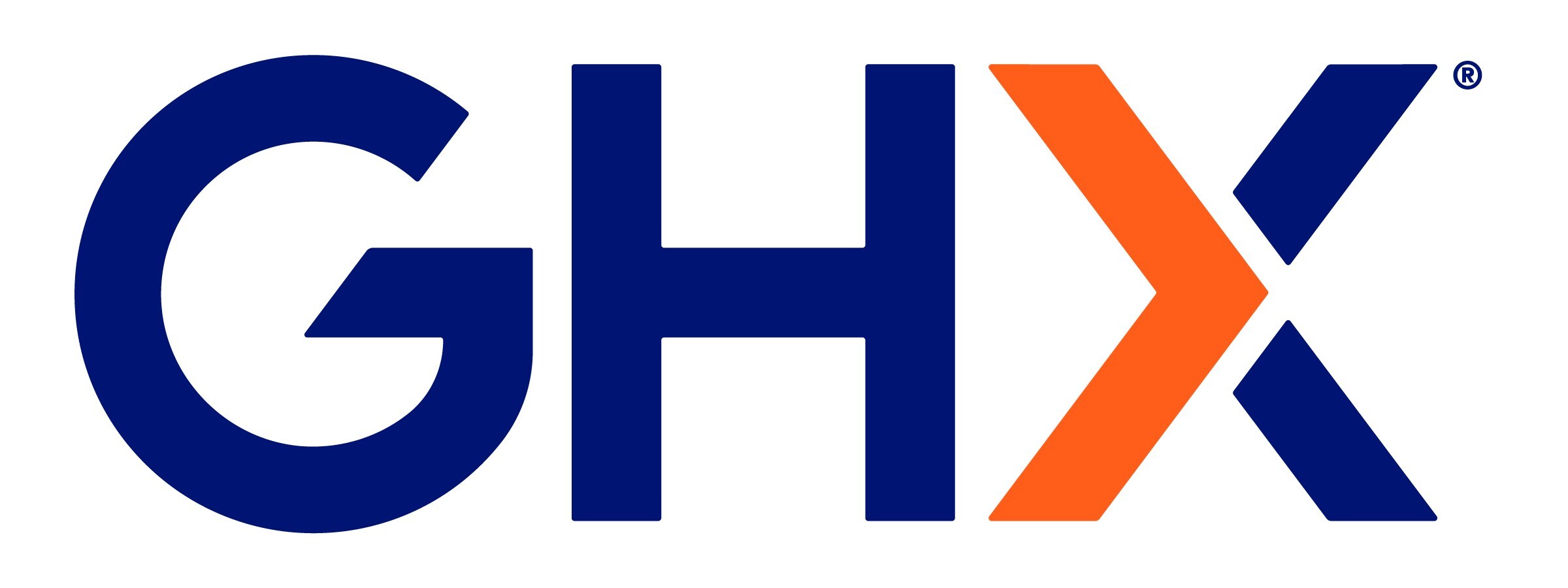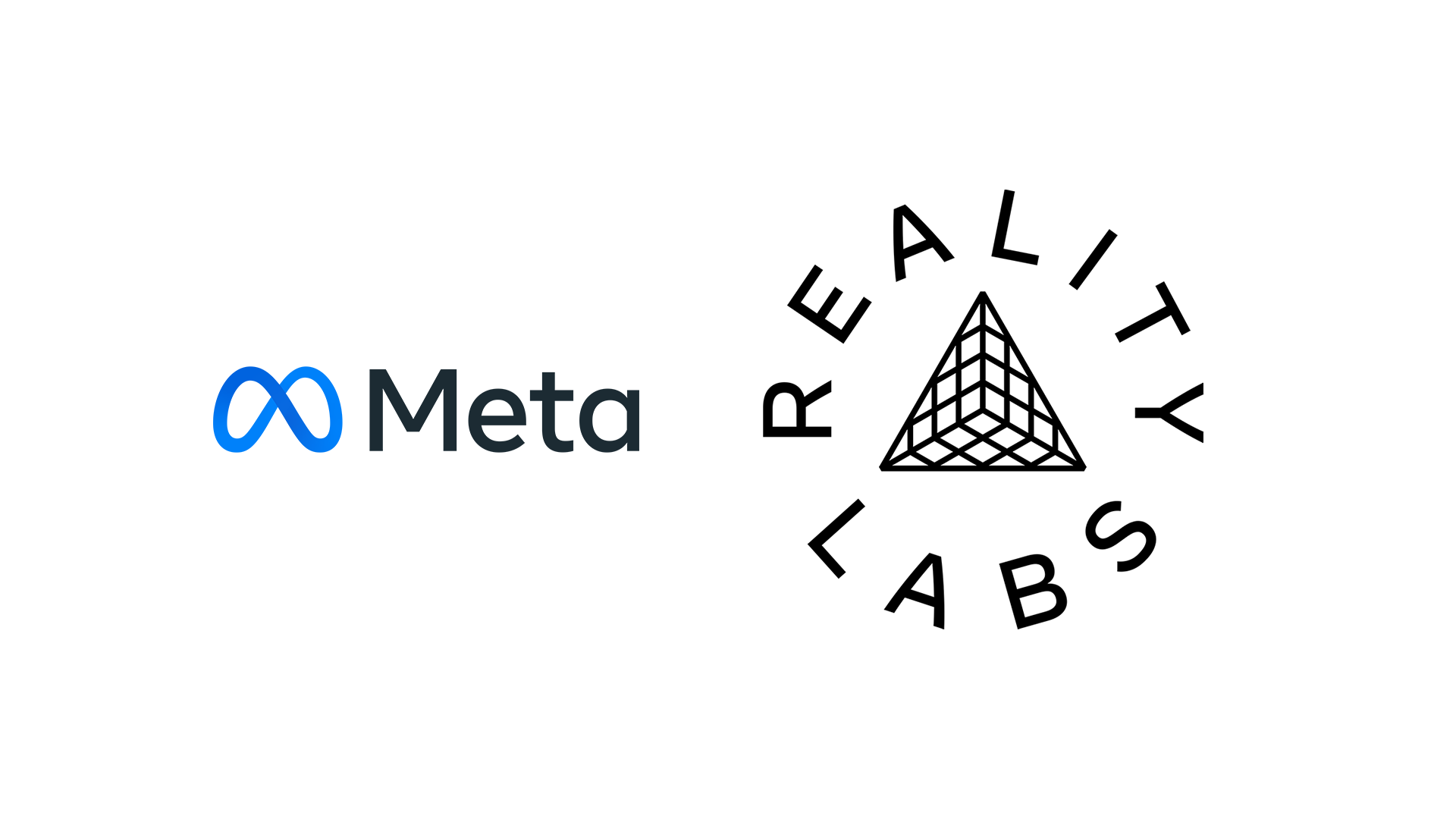Hormone Optimization Goes Digital: Supporting the Next Wave of HRT and Longevity Clinics
Hormone optimization has entered a new era, where digital platforms are reshaping access to hormone replacement therapy (HRT) and longevity-focused treatments. By going digital, specifically through telehealth platforms, patients and providers are experiencing a new level of convenience and efficiency in care delivery. As more patients seek personalized healthcare solutions for aging, wellness, and hormonal ... Read More


Hormone optimization has entered a new era, where digital platforms are reshaping access to hormone replacement therapy (HRT) and longevity-focused treatments. By going digital, specifically through telehealth platforms, patients and providers are experiencing a new level of convenience and efficiency in care delivery. As more patients seek personalized healthcare solutions for aging, wellness, and hormonal balance, telehealth-driven HRT clinics are experiencing rapid growth. This shift is fueled by advancements in medical research, increased public awareness, and the rising demand for accessible, clinically supervised hormone therapy.
The Rise of Digital Hormone Replacement Therapy (HRT)
HRT has long been used to treat conditions such as menopause, testosterone deficiency, and age-related hormonal imbalances. Traditionally, accessing HRT required multiple in-person consultations, lab tests, and follow-ups. The telehealth revolution, however, has drastically changed that landscape. Patients can now consult with licensed professionals, receive prescriptions, and undergo lab testing – all from the comfort of their homes.
A growing body of research underscores the benefits of early and personalized hormone therapy. A study by SIU Medicine suggests that early intervention with HRT during menopause can significantly reduce the risk of cardiovascular disease, osteoporosis, and cognitive decline. A 30-year review by the National Institutes of Health (NIH) reaffirms that hormone therapy, when properly managed, provides long-term benefits for overall health and longevity.
Meanwhile, the demand for testosterone therapy continues to rise. A Wall Street Journal report highlights the booming market for testosterone clinics, with many men seeking treatment for low testosterone, fatigue, and age-related hormone decline. Digital platforms have enabled these clinics to streamline services like lab work, prescriptions, and patient monitoring – all while maintaining compliance with increasingly complex healthcare regulations.
The Longevity Boom and Hormone Therapy’s Role
Hormone therapy is becoming a key pillar in the rapidly expanding field of longevity medicine. Companies like Retro Biosciences, backed by high-profile investors such as Sam Altman, are raising billions to advance lifespan-extension therapies. These efforts include hormone replacement therapy, peptide treatments, and metabolic interventions, all aimed at enhancing longevity and age-related wellness.
Research suggests that hormone therapy could play a crucial role in cellular repair, metabolic health, and cognitive function. Some longevity clinics are now integrating HRT with AI-driven biomarker analysis to create highly personalized treatment plans. By leveraging advanced diagnostics, providers can optimize hormone levels based on individual genetic markers, lifestyle factors, and long-term health goals. The ability to fine-tune hormone therapy with precision medicine techniques is making HRT more effective and tailored to each patient’s unique needs.
Challenges in Telehealth-Driven HRT and Longevity Clinics
Despite its promise, telehealth-based hormone therapy poses distinct challenges. Prescription compliance is one of the biggest concerns, as hormone prescriptions, particularly for testosterone and growth hormones, are heavily regulated to prevent misuse. Telehealth clinics must navigate a complex legal landscape to ensure they are prescribing these treatments responsibly.
In addition, remote clinics must ensure proper patient monitoring to prevent adverse effects. This includes routine lab testing, digital health tracking, and frequent virtual consultations to ensure dosage accuracy and treatment efficacy.
Multi-state licensing adds another layer of complexity, as telehealth hormone clinics must comply with different regulations depending on the state in which they operate. Some states have restrictive telemedicine laws that require an in-person visit before prescribing certain hormones, while others allow for entirely virtual treatment plans. To scale successfully, clinics must ensure their providers hold the necessary medical licenses to serve patients across multiple jurisdictions.
Data security and privacy compliance are also paramount in digital HRT services. Clinics handling sensitive patient data, including lab results and prescription details, must operate on HIPAA-compliant platforms that protect against data breaches. The Federal Trade Commission (FTC) has reinforced the need for transparency in how patient data is stored and shared, placing further responsibility on telehealth providers to maintain strict cybersecurity measures.
The Infrastructure Powering Digital HRT Clinics
To thrive in this evolving landscape, digital HRT clinics must be supported by robust, compliance-focused infrastructure. End-to-end telehealth solutions now offer seamless integration of patient intake, virtual consultations, lab testing, prescription management, and follow-ups. Automation of administrative workflows helps clinics focus on patient care while staying aligned with HIPAA, DEA, and FDA regulations.
These platforms also support scalability, enabling clinics to expand their services across states by streamlining multi-state licensing processes and regulatory compliance. By embedding digital tools for lab integration and secure e-prescribing, HRT providers can ensure safe, efficient, and accessible care for a broader patient base.
The Future of Digital Hormone Optimization
As longevity medicine continues to evolve, hormone optimization will likely become a central component of preventative healthcare. The future will be shaped by innovations like AI-powered diagnostics, real-time biomarker tracking, and increasingly personalized treatment protocols. Clinics are already beginning to integrate advanced analytics, genetic testing, and epigenetic profiling to refine therapeutic strategies
By combining scientifically validated hormone therapies with digital convenience and clinical oversight, the next generation of HRT providers is poised to redefine how people manage their health and aging. With the right infrastructure and a commitment to safety and personalization, digital hormone optimization offers a powerful tool for enhancing wellness, extending lifespan, and improving quality of life.
About Josh Rosaasen
Josh Rosaasen is the Chief Operating Officer at Locke Bio, a digital health platform revolutionizing how branded telehealth services are launched. He has been a driving force behind the company’s rapid growth, expanding its client base, diversifying revenue streams, and enhancing its market-leading platform. Before joining Locke Bio, he led high-impact strategic initiatives within the cannabis industry and advised multibillion-dollar retail clients as a management consultant. A lifelong advocate for healthcare innovation, he has also contributed to published research and spearheaded leadership initiatives with the Canadian Cancer Society.
























